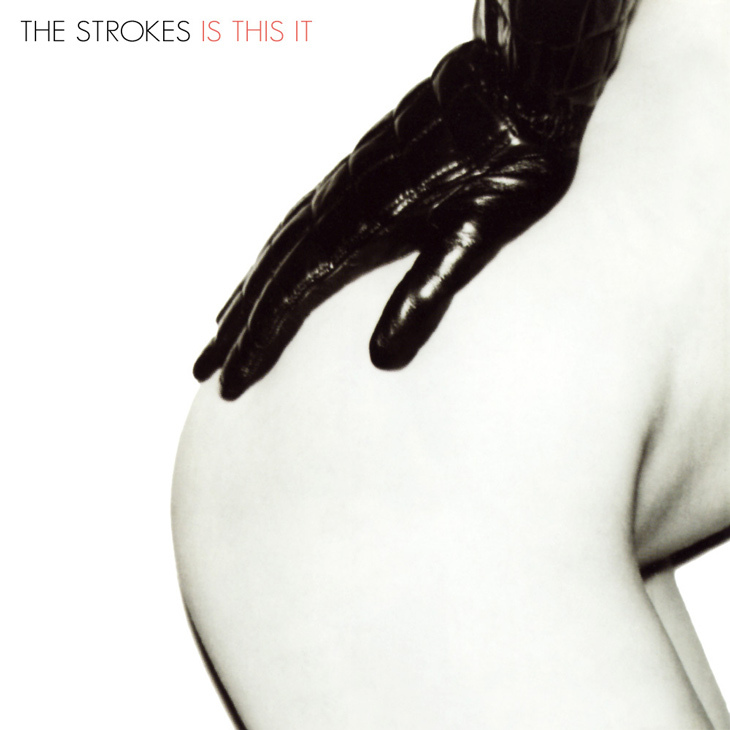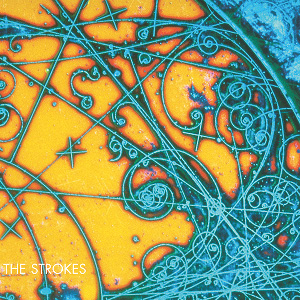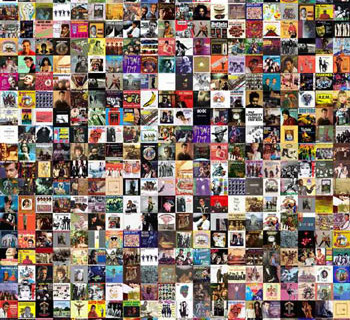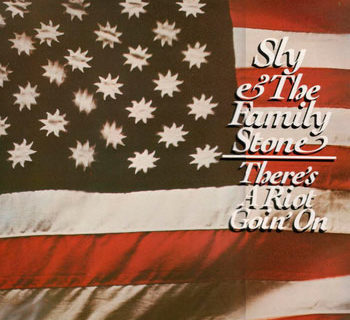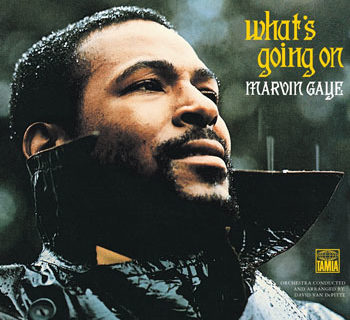The Strokes - Is This It
The most powerful and comforting illusion we possess is the idea of one missing thing in our lives that, if we had, everything would be ok; we would be saved; we would be happy. Is this It is an example of failing that concept.
More simply: is this it(?)
This album, released in July 2001, is many great things: influential, stylish, catchier than the tastiest fish-bait, nostalgically modern, and so satisfying. But it also leaves me cold.
This record was released before I hit puberty, and I understood its release as a matter of historical fact: The Strokes were the saviors of rock n’ roll, with skinny jeans, leather jackets and that bleeding cool that we all crave deep down. It sounds somehow modern and urbane, while hearkening back to that classic garage set-up; and produced out the ass to sound like a gleaming red-jaguar wax, but featuring that skanky vocoded lyricism of the youthfully disaffected.
In service of it all are 11 tracks featuring those slick guitar riffs, downbeat chordage, bright reverb, heavy twang, and a honey-thick bass that slithers like sugar against your ear drums. Julian Casablancas’ vocals reek of character and overly-processed singing, and the lyrics run the gamut of rock staples and push propriety, making it a tried and true revival of old-school rebellion. Even the original album cover is an on-the-nose reference to Spinal Tap (Smell the glove?) and, ironically, had to get re-done for obscenity. Nigel Tufnel, David St. Hubbins, and Derek Smalls most certainly approve.
The Strokes were the saviors of rock n’ roll, with skinny jeans, leather jackets and that bleeding cool that we all crave deep down.
I hope you see where I’m going this.
While this record is undoubtedly a satisfying, tasty slice of beautifully put together straight rock n’ roll, and it did–and does–have an impact on modern recording, I can’t call it great. I appreciate everything about it, but there’s something missing, some transcendent element in its influence that would cement it in my mind as true greatness. It’s so rooted in its influences that it ends up being a product of all those times, but never more than that.
And, as we’re aware, it didn’t really save rock. But it did renew interest and fed into a fantasy of music critics that rock was on the way back. But in the larger context, it’s one more blip on the influence radar.
Until I stop lying to get to your apartment

